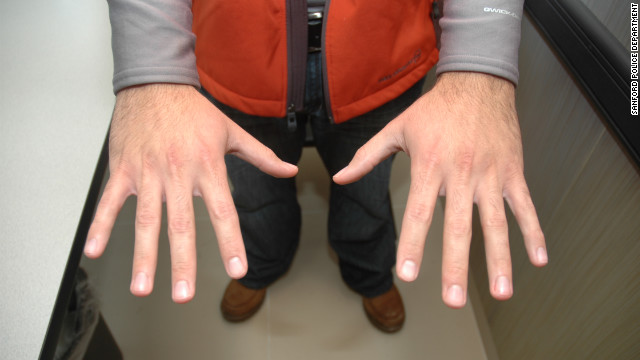Unfortunately, I have almost no knowledge of the lab aspect of it at all. I made the assumption that my technique/collection habits were appropriate as I would see DNA reports come back in my cases with good data and had very little come back with disparities or inconsistencies that would point to error on my part. All I know is that DNA is the future. I could be wrong, but give it 10-15 years and it will surpass fingerprint comparison and collection. I don't think fingerprint work will ever go away, but advances are already here.C-dub wrote:Also welcome. My knowledge of the collection of DNA is limited and my knowledge of the handling and testing is old. I did a little back in the middle 90's and almost took a job at a DNA lab in the late 90's, but I got a better offer from a different kind of lab, which took my career in a slightly different direction.
But to get it back on track, it would really depend on if the "suspect" in this case ever touched anything of the "victim" that has probative value. Meaning, I can find fingerprints in a house all day but if the victim tells me "Well, I let (suspect) in my home a few days ago and he lived here for a week, but now he's out and burglarized my home" what do his fingerprints prove? What value does it bring? I had this situation more times than I can count. I cannot prove, in a court of law, the time of fingerprints (or DNA for that matter). Could they have been left there during an authorized stay? Of course. Then your prosecution is out the window. That doesn't strictly pertain to this case, but it illustrates another aspect of issues that can arise. Even if the gun was touched in this Zimmerman case, what does it prove, inconclusively? His DNA could have gotten on the gun any number of ways. However, my knowledge of this case is strictly media biased so, please, if there is some aspect of this I am missing I want to know. To me, DNA evidence just seems like one of the least important aspects of this case.

